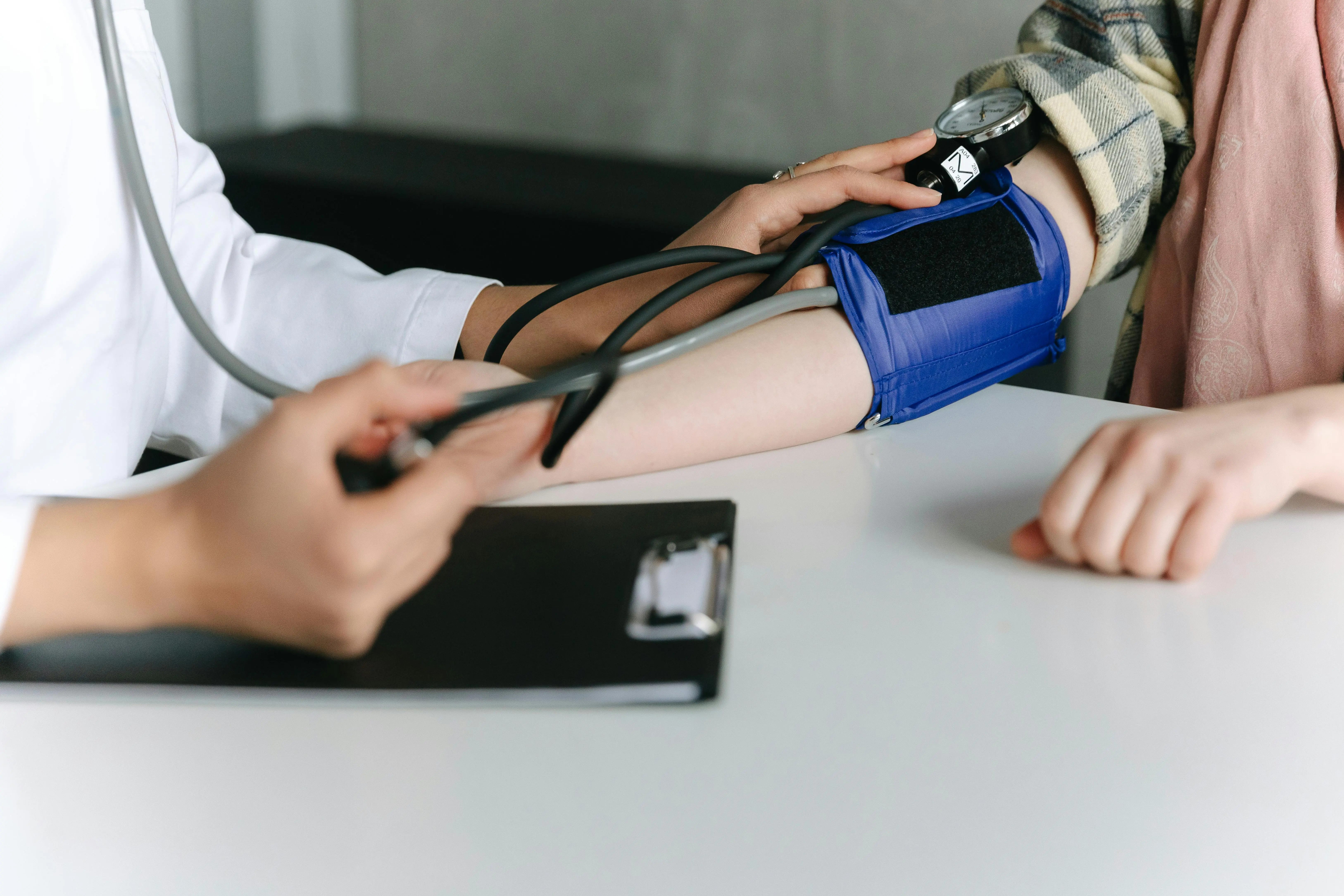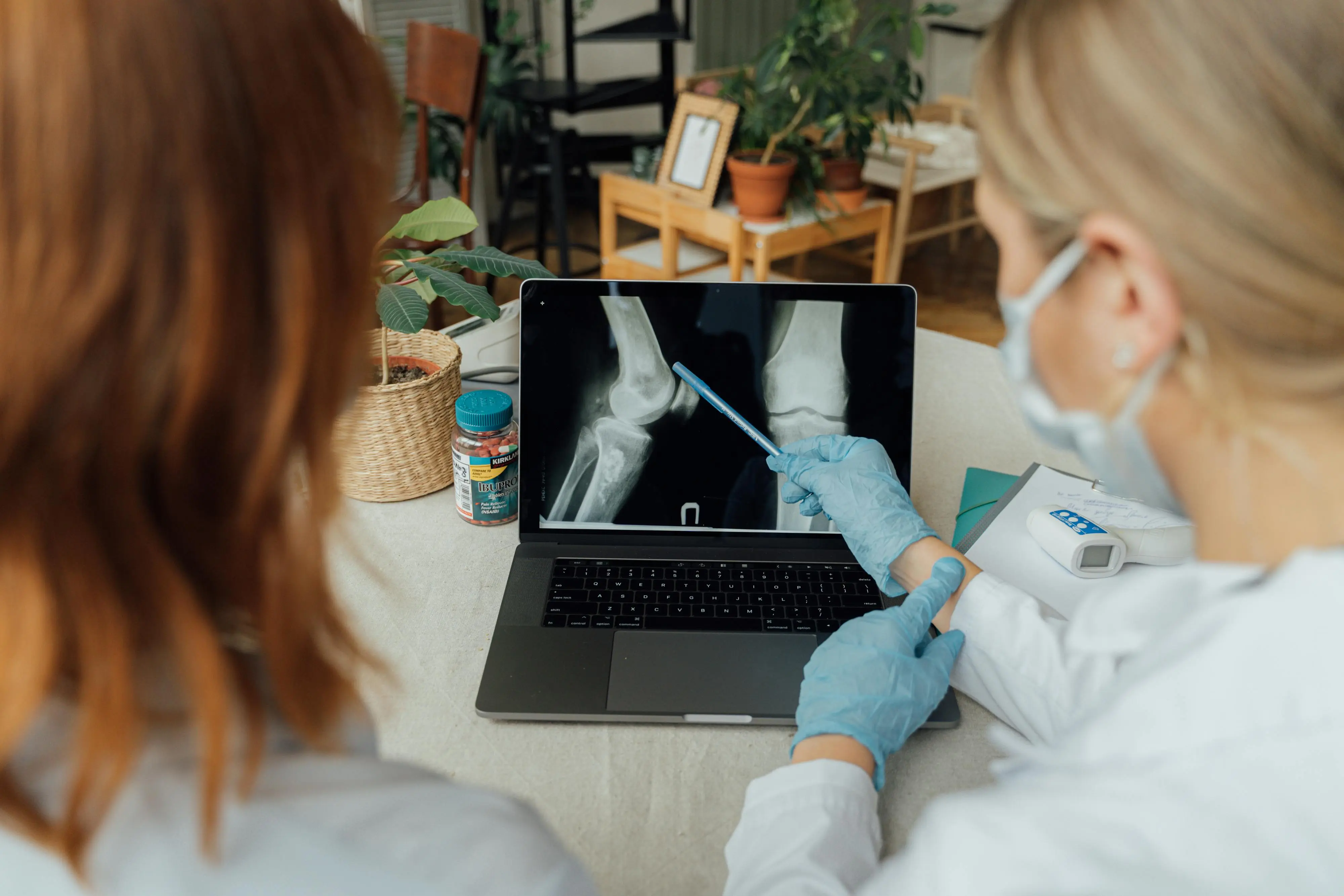What Is Psychotic Depression?
July 16, 2025

Disclaimer: Human Health is not recommending any specific medical treatment for any particular symptom, nor providing any other medical advice. Always seek the advice of your doctor regarding any medical concern.
Depression, also known as Major depressive disorder, is a mental health condition characterized by a lack of interest or pleasure, low moods, and fatigue. According to the WHO, around 5% of adults worldwide experience depression.
Sometimes, people with depression may experience psychosis. The National Institute for Health and Care Excellence (NICE) 2022 Guidelines for Depression in Adults states that psychotic depression is more common in older patients.
This post will explain what psychotic depression is and how it may present.
What is psychosis?
Psychosis refers to experiencing a detachment from reality. It may involve experiencing delusions, hallucinations, and psychomotor symptoms.
Delusions are unfounded beliefs that the individual believes to be true, even if they are impossible, or if possible, are highly exaggerated or based on information that has been misinterpreted or misconstrued.
A previous edition of the Diagnostic and Statistical Manual, which is used as a guideline for diagnosis of psychiatric conditions including depression, described one such delusion experienced by people with psychotic depression known as Cotard’s delusion. People experiencing this delusion believed that they were either immortal, or that they or a part of their body had died.
Hallucinations are sensations that are not actually happening. Examples include hearing, seeing, smelling, tasting, and feeling things that aren’t there. The hallucinations will feel real to the individual, despite not actually happening in the real world.
Psychomotor symptoms include psychomotor agitation and psychomotor retardation. The word ‘psychomotor’ means physical activity that is directly triggered by mental activity. Psychomotor agitation refers to movements that are not goal-directed, with examples including bouncing the leg, pacing, and fidgeting with the hands. Psychomotor retardation refers to the slowing of both thoughts and physical movements.
What does psychotic depression look like?
In addition to the characteristic features of major depressive disorder, someone with psychotic depression exhibits delusions and/or hallucinations, and may potentially present with psychomotor symptoms.
The Diagnostic and Statistical Manual of Mental Disorders (5th Edition) specifies two types of psychotic depression, mood-congruent and mood-incongruent.
Mood-congruent psychotic depression is defined by hallucinations or delusions that have themes related to depression, such as guilt, death, life being meaningless, personal inadequacy, disease, or deserved punishment.
Mood-incongruent psychotic depression is defined by hallucinations or delusions that either do not reflect typical depressive themes, or reflect both depressive themes and other themes.
Tracking emotions regularly can lead to better balance, awareness, and overall well-being.
How is psychotic depression treated?
The standard treatment for depression with psychotic features is the combination of an anti-depressant medication with an anti-psychotic medication, to target both the depressive and psychotic symptoms of the condition.
Other treatments, including electro-convulsive therapy, lithium, or psychotherapy may also be recommended, depending on the severity of the patient’s symptoms, and their response to other treatment.
Do you know how your depression is really impacting you?
Keeping track of how your symptoms change can be tricky, and symptoms like fatigue may make it hard to remember things accurately. Using a health tracker might help you or a loved one keep a record of how your symptoms are affecting you each day, and any treatments you may be taking.
Human Health is a free mobile app that you can use to log the impact of your depression symptoms in your day-to-day life, and helps you learn how your symptoms are changing. The app can also keep you on top of your treatments, by sending you notifications when they’re due.
Insights generated by Human Health provide you with a comprehensive overview of your health journey, saving you time in appointments and empowering you to make informed decisions about your care.
Click here to download Human Health.
We hope you found this post interesting. If you know someone who might benefit from reading this post, please share it with them. We’d love for our resources to reach those who need them.
Resources
- World Health Organization. Fact Sheets: Depressive disorder (depression).
- Psychotic depression: Depression in adults: Evidence review G. London: National Institute for Health and Care Excellence (NICE); 2022 Jun. (NICE Guideline, No. 222.) Available from: https://www.ncbi.nlm.nih.gov/books/NBK583078/
- Diagnostic and Statistical Manual of Mental Disorders (5th Edition).
- Debruyne H, Portzky M, Van den Eynde F, Audenaert K. Cotard’s Syndrome: A Review. 2009. Current Psychiatry Reports 11(3):197–202.
- Anthony J Rothschild, MD. Unipolar major depression with psychotic features: Acute treatment. UpToDate.
This is a div block with a Webflow interaction that will be triggered when the heading is in the view.










.jpg)





.png)

